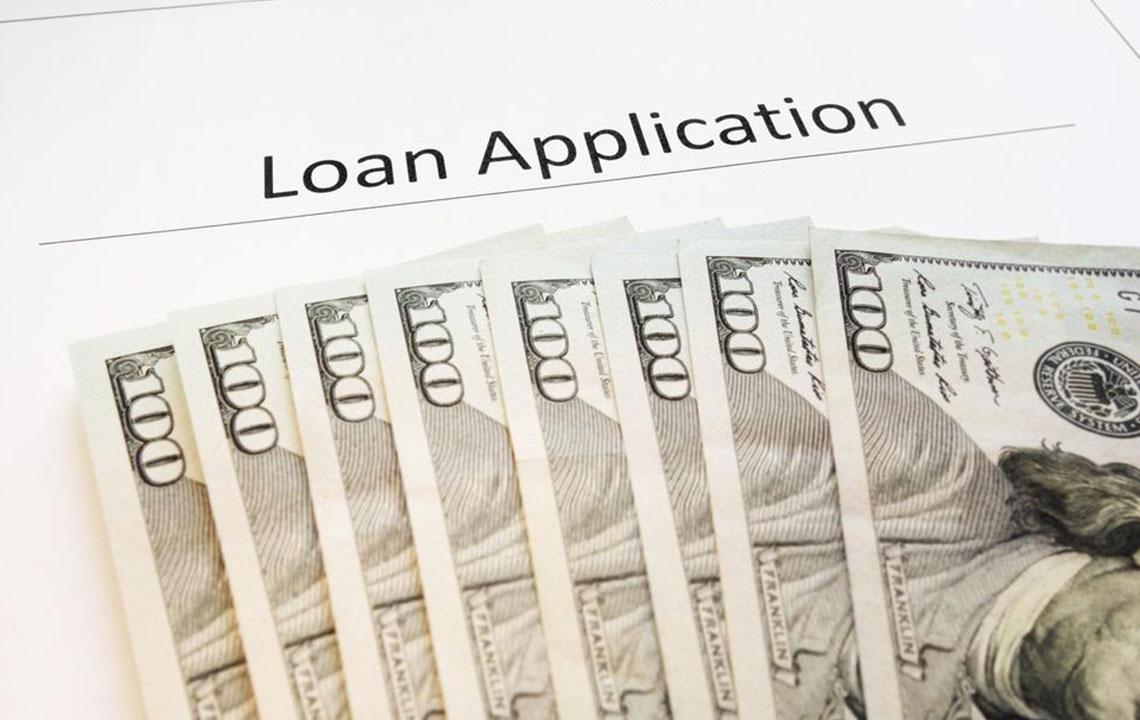How to Choose the Perfect Credit Card: Expert Tips and Insights
Choosing the right credit card requires understanding fees, interest rates, rewards, and security features. This comprehensive guide offers expert tips to help you make an informed decision, ensuring you select a card suited to your spending habits and financial goals. Learn how to evaluate APRs, avoid unnecessary fees, and benefit from advanced security features like EMV chip technology and PIN authentication. Make smarter financial choices today for a more secure and economical credit card experience.

How to Choose the Perfect Credit Card: Expert Tips and Insights
Selecting the right credit card is a crucial financial decision that can significantly impact your overall expenses and financial health. With countless options available in the market, it’s essential to understand what features to consider and how to compare different offers effectively. Making an informed choice can save you hundreds or even thousands of dollars annually, whether through lower interest rates, better rewards, or reduced fees. This comprehensive guide provides valuable insights into choosing the ideal credit card tailored to your individual financial needs and habits.
When evaluating credit card options, don’t settle for the first offer you encounter. Instead, take the time to explore various cards, comparing their features, fees, interest rates, and rewards programs. This due diligence helps ensure you select a card that not only fits your spending patterns but also minimizes unnecessary costs, providing you with greater financial flexibility and security in the long run.
Understanding the Key Factors: Fees and Interest Rates
The primary aspect to consider is the Annual Percentage Rate (APR). The APR indicates the yearly interest rate applied to outstanding balances, making it a crucial metric in determining the overall cost of credit. Some cards offer promotional or introductory APRs, often 0% for a specified period, which can be advantageous for balance transfers or large purchases. However, it’s vital to understand what the ongoing interest rate will be once the promotional period ends.
In addition to the APR, individual charges such as periodic or monthly interest rates also influence your costs. Be aware that some credit cards have variable APRs, which can fluctuate based on economic factors like the prime rate or market conditions. Understanding how often your card’s rates change and what influences those changes helps you manage your finances better and avoid unexpected expenses.
Additional Fees to Watch For
Aside from interest rates, various fees can add to the total cost of using your credit card. These include annual fees, late payment fees, cash advance fees, over-the-limit charges, and foreign transaction fees. Being aware of these potential costs allows you to choose a card that aligns with your spending habits and financial discipline, reducing unnecessary expenses.
Choosing the Right Credit Card for Your Lifestyle
If you tend to carry large balances from month to month, focus on cards with low interest rates. While these cards might not have extensive rewards programs, they help reduce the cumulative interest you pay, saving you money over time.
If you are diligent about paying bills on time, consider credit cards that offer attractive rewards such as cashback, travel miles, or points. Even if these cards have higher APRs, the rewards can offset the additional costs if you manage your payments responsibly.
For those interested in transferring balances from other cards, many offer introductory 0% APR on balance transfers for a limited timeframe—usually 6 to 18 months. Be mindful of any transfer fees, typically around 3% of the transferred amount, and plan your repayment accordingly.
Promotional offers like low or 0% introductory APRs can be very appealing. However, always check what the ongoing interest rate will be after the promotional period ends and ensure it aligns with your financial plans.
Understanding Payment Grace Periods and Transaction Types
Most credit cards provide a grace period—typically 21 to 25 days—during which you can pay your balance in full without incurring interest charges. This is especially relevant for routine purchases like dining, shopping, or hotel bookings. Paying in full within this window can help you avoid unnecessary interest costs and maintain good credit standing.
However, some transactions, such as cash advances or balance transfers, usually start accruing interest immediately, with no grace period. This means they can become costly if not repaid promptly. Being aware of the transaction types and their respective interest rules helps you manage your credit card usage smartly and avoid unexpected charges.
Enhanced Security Features: EMV Chip and PIN
Security is paramount when choosing a credit card. Modern cards equipped with EMV chip technology and PIN authentication offer significantly enhanced protection against fraud. Unlike traditional magnetic strip cards, which store data that can be easily cloned, chip cards encrypt transaction data, making it much harder for fraudsters to duplicate. Requiring a PIN for each transaction further reduces the risk of unauthorized use.
When selecting a credit card, prioritize those with robust security features, including the latest chip technology and 24/7 customer support. Immediate access to support in case of lost, stolen, or compromised cards ensures rapid response, helping to prevent unauthorized transactions and safeguarding your financial well-being.
In conclusion, choosing the right credit card involves careful consideration of interest rates, fees, rewards, security features, and your personal spending habits. Taking the time to research and compare your options empowers you to select a card that maximizes benefits while minimizing costs, ultimately supporting your financial health and peace of mind.





